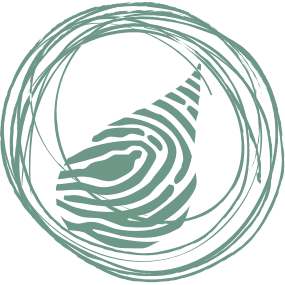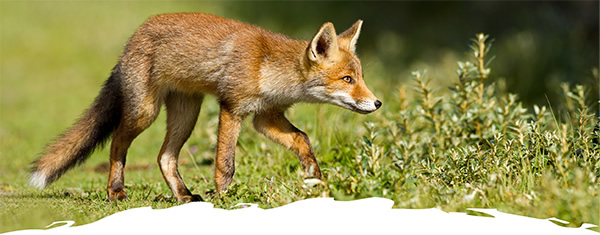Spring has sprung! So now is a good time to prepare for your upcoming 1080 fox baiting program. Fox baiting using 1080 is an effective way to manage foxes on your property and protect native fauna as well as livestock.
Priority locations for fox baits include near fences and tracks on the property at intervals of 200 m to 500 m. Baits should not be placed any closer than 200 m apart as it only encourages the fox to eat more bait. One well maintained bait contains enough toxin to fatally poison a fox. Foxes have an exceptional sense of smell and will locate baits over a wide area.
Replace all baits every week for the six-week period. If you leave baits out for longer than a week you risk foxes taking baits with sub-lethal doses of 1080, which can result in them getting sick and not taking baits again. All baits not taken at the end of the baiting period should be collected and buried according to your permit conditions. This will ensure that domestic and other non-target animals are not at risk of taking a bait. It will also ensure that you don’t have baits with sub-lethal doses that make foxes in your area avoid taking poisoned baits in the future.
In order to reduce non target species consuming the baits or moving them around, bury each bait in a small hole using a spade, or tether them to fence posts. To further ensure that pets or working dogs do not take baits, you can keep them in a fenced yard during the baiting period, or use an appropriate muzzle when they are out in the paddock. ‘Basket’ style muzzles will still allow your dog to pant and access water for drinking but prevent them from picking up and eating baits.
It is also very important to abide by the conditions specific to your 1080 permit issued by the Department of Food and Agriculture Western Australia (DAFWA) and any other legislative requirement. If you have yet to organise your 1080 accreditation with DAFWA for the handling and use of 1080 poison, it is a simple process which involves the following steps:
- Register for the online training through biotraining@agric.wa.gov.au. If you are unable to undertake the online training, contact your local biosecurity officer to make alternative arrangements.
- Once you are able to access the online portal, read through the information provided and complete the quiz. You can get a head start by reading through the 'Landholder information for the safe use and management of 1080' available for download on the DAFWA website.
- When you have completed the quiz, don’t forget to save your certificate to your computer.
- Complete a 'Restricted Chemical Product permit application form'.
- You then need to email, fax or post your 1080 training certificate, permit application form and proposed map for the proposed baiting program to your local DAFWA biosecurity officer.
- If your baiting application is approved, you will be issued with a permit to purchase 1080 product from your nominated S7 retailer. S7 retailers can include local farm shops, ag supply shops and rural traders.
Don’t forget that baiting is only one tool in the toolbox of controlling feral animals. Shooting and cage trapping also form a part of an effective feral animal management program. A useful tip if you are struggling to catch animals in cage traps even though numerous animals have been sighted is to wire the traps open and leave them out so they become a part of the 'furniture' and the animals get accustomed to the trap in their environment before actively trapping.
If you require any further information about 1080 fox baiting, give us a call on (08) 9670 3100, or contact your local DAFWA representative.
|
DAFWA Office |
Phone |
Address |
|
South Perth (Head Office) |
9368 3333 |
3 Baron-Hay Court, South Perth WA 6151 |
|
Katanning |
9821 3333 |
10 Dore Street, Katanning WA 6317 |
|
Merredin |
9081 3111 |
Great Eastern Highway, (PO Box 432), Merredin WA 6415 |
|
Narembeen |
9064 7131 |
Lot 10 Walker Road, (PO Box 305), Narembeen WA 6369 |
|
Narrogin (& Lake Grace) |
9881 0222 |
10 Doney Street, Narrogin WA 6312 |
|
Northam |
9690 2000 |
75 York Road, (PO Box 483), Northam WA 6401 |
|
Wongan Hills |
9672 0333 |
Northam - Pithara Road, Wongan Hills WA 6603 |
Resources
Landholder information for the safe use and management of 1080 (DAFWA)
Restricted Chemical Product permit application form (DAFWA)
NOTE: To the best of our knowledge, this information is current at September 2016. Please contact DAFWA directly for the most up-to-date requirements and


